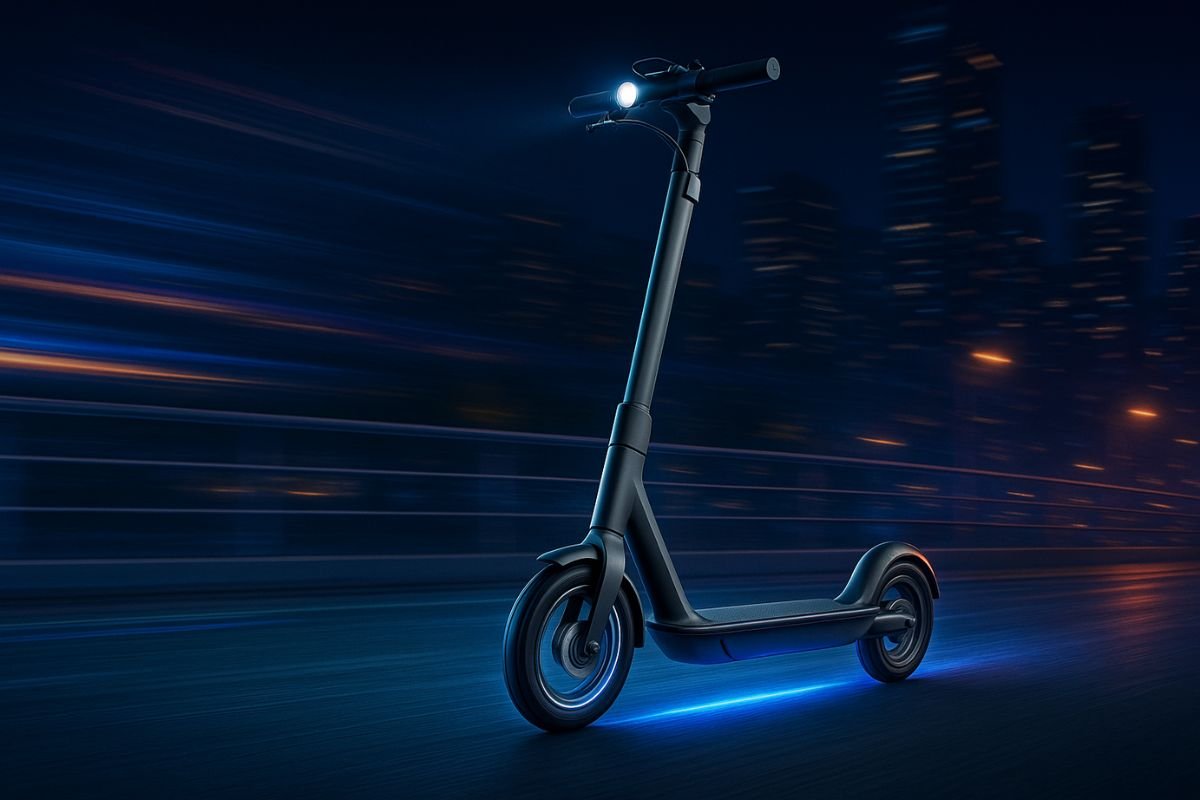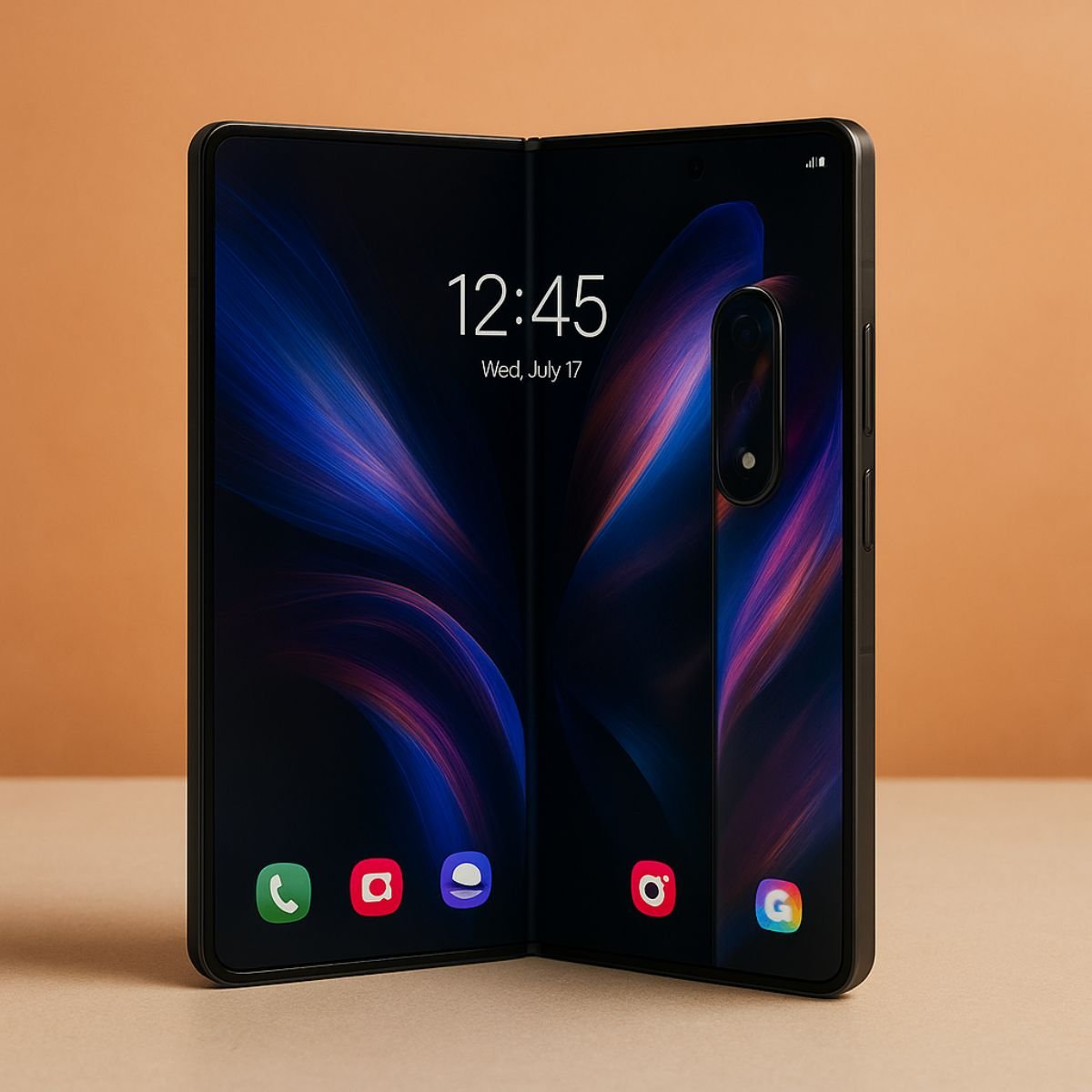On August 20, Google will hold a launch event in New York City to showcase its new phone series, the Pixel 10 line, a bold step into the U.S. mobile market. This year’s event will be firmly focused on the AI portion of the lineup, with Google placing emphasis on its Gemini model as the driving force behind a more intelligent, intuitive, and instinctive mobile phone experience.
View this post on Instagram
The Pixel 10 line will include four phones: Pixel 10, Pixel 10 Pro, Pixel 10 Pro XL, and a Foldable Pixel 10 Pro Fold, and it is anticipated that a new 4th generation Pixel Watch will also be included as part of the presentation. This entire expansion of hardware reflects a different strategic intention to speak to a wider array of users.
While there are many changes to the Pixel 10 hardware under the hood, the most notable hardware change will be switching the Tensor G5 from being manufactured by Samsung to TSMC in Taiwan, the same manufacturer for Apple’s A-series chip lineup. The switch is more than just a technical one; it is also a strategic decision to limit reliance on a competitor while gaining performance from not working with Samsung straight up.
In the foldable area, Google will be competing against Samsung’s Galaxy Z Fold 7, which was launched this week for a price of $2000. In contrast, Google has signaled it will sell the foldable Pixel at a lower price and likely rely on Gemini-powered AI features, not design, for differentiation.
Interestingly, the August launch is also strategically significant. Google will continue what it started last year, which was to beat Apple’s traditional September iPhone launch to market and attention in advance of the holiday shopping season, to gain attention and spending.
All Four Pixel devices will run Android 16 and will include a redesigned user experience, which was first demonstrated at Google I/O in May. The Pixel phone brand has a story of positive user engagement with regards to photography and speed of updates; however, the Pixel phone series still only commands a small portion of the mobile phone market in the U.S. compared to Apple and Samsung.
This year, Google needs to show that AI, and especially Gemini, is not just a buzzword, but a real benefit to day-to-day experiences and a meaningful improvement. If Google succeeds in achieving this, it could seal the deal for its loyal users to continue with the platform and gain new users who are looking for something intelligent, especially in light of the growing conversation around AI technology risks.














